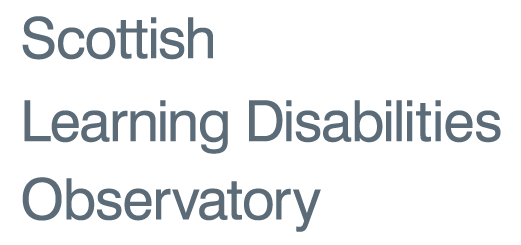In the whole population of Glasgow City, 0.6% of people are known to have autism. The prevalence of autism in the 0-15 age group is 2.2%. This reflects availability of diagnostic services for autism, which have improved considerably over the last two decades.
Glasgow City
Population size is 593,245
-
Choose
- Learning disabilities
- Autism
Population characteristics
Health
Households
Employment and education
Other topics
96.0%
were born in the UK
86.7%
are white and Scottish
89.8%
speak only English at home
Summary information
3,800 people are known to have autism; that's 0.6% of people
-
422 girls and 1,634 boys aged 0-15 are known to have autism, that is 0.9% of all girls and 3.4% of all boys aged 0-15
-
172 girls and 636 boys aged 16-24 are known to have autism, that is 0.4% of all girls and 1.5% of all boys aged 16-24
-
2,056 children and 1,744 adults are known to have autism
-
877 females and 2,923 males are known to have autism
-
4% of people known to have autism rate their health as very good, compared with 49.3% of all people; 6% of people known to have autism rate their health as very bad, compared with 2.3% of all people
-
19% of adults known to have autism have paid employment, compared with 52.3% of all adults; 4% of adults known to have autism are unemployed, compared with 7.1% of all adults
View other information
Explore
Choose People with learning disabilities data or People with Autism data
You may also choose topic or area
